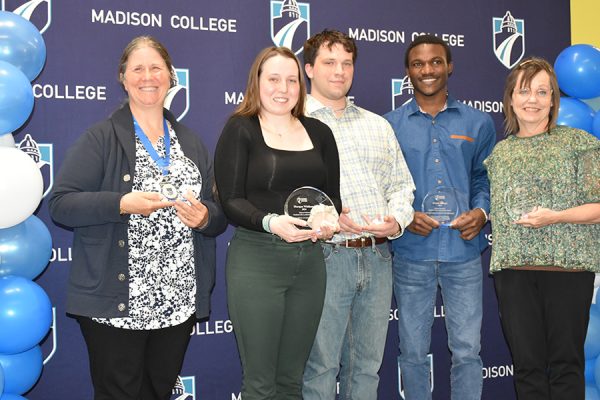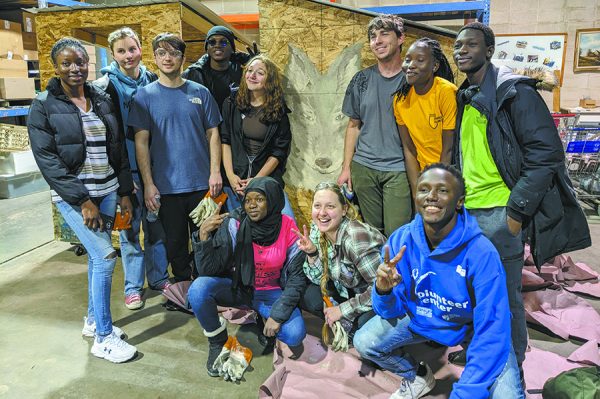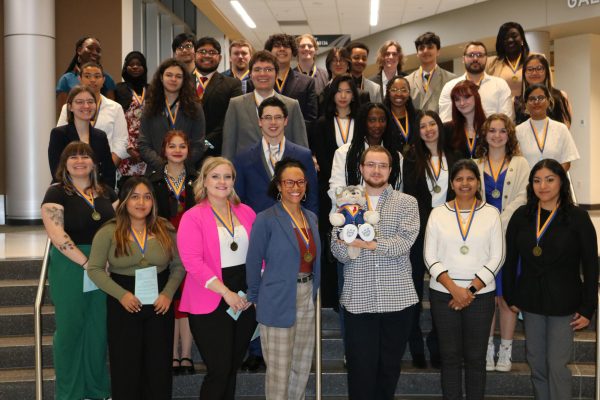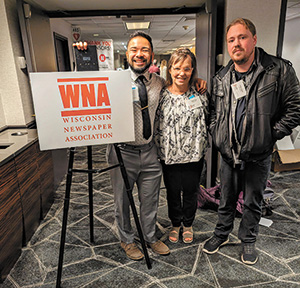Using science to help poor in Guatemala
April 17, 2018
On March 21, the STEM Center had Melissa Markquart speak about fuel efficient stoves that are built for people in Guatemala. She was the second speaker of the series this semester, and is an alum of both Madison College and UW Madison. She will also become a licensed civil engineer for the Department of Transportation in June.
Before Markquart decided to become an engineer, she was a pastor. While taking time off to raise her children, she got interested in the idea of helping other people. She describes how the need to provide for her children made her aware of how difficult it is for other mothers in the world to provide the basic needs like food and water for their children.
“All mothers feel the same way yet there are barriers for them to do what is easy for me,” said Markquart. That world view led Markquart wanting to become a civil engineer and using a mission group from her church to help build stoves in Guatemala.
Many of the poorer families in Guatemala have an open fire as their cooking space, along with dirt floors and even animals running around inside their homes. The open fire, even with ventilation, leads to a lot of respiratory problems for the mothers and the children. The fires also pose a danger to younger kids that have the potential of falling into the fires. It also takes a large amount of wood to keep the fires burning all day, something many Guatemalan families practice.
The new stoves called eco-plancha stoves last up to ten years and were designed by Guatemalan engineer Marco Tulio.
They have brick oven cores, an iron flat top and a chimney that gets 99 percent of the smoke outside of the home. The fire is sealed away inside a clay firebox that sits off the ground.
According to Now is the Mission, what makes the stoves so efficient is they burn the wood at a temperature of 1400 degrees, which burns the wood completely, creating oil vaper that is the most energy that can be gained from burning wood, and would otherwise be lost as smoke in a normal fire.
The wood burning efficiency takes up to 70% less firewood. “The equivalence of two days of time freed up not having to gather firewood to keep the fire going or working to buy wood” said Markquart about the efficiency of the stoves. Not having to gather all that wood allows the women to possibly get a job to help provide for the family and reduces the number of trees that get cut down to be used as fire wood.
Once in Guatemala, the mission group meets the villagers and then gets to work building the stoves.
“In a good week we build about 32, it’s like eight a day and we are working for four days,” said Markquart on how many stoves can be built.
Over the past couple of summers Markquart has not been able to go to Guatemala because of her transition into becoming an engineer, but she hopes to get back to Guatemala soon.










